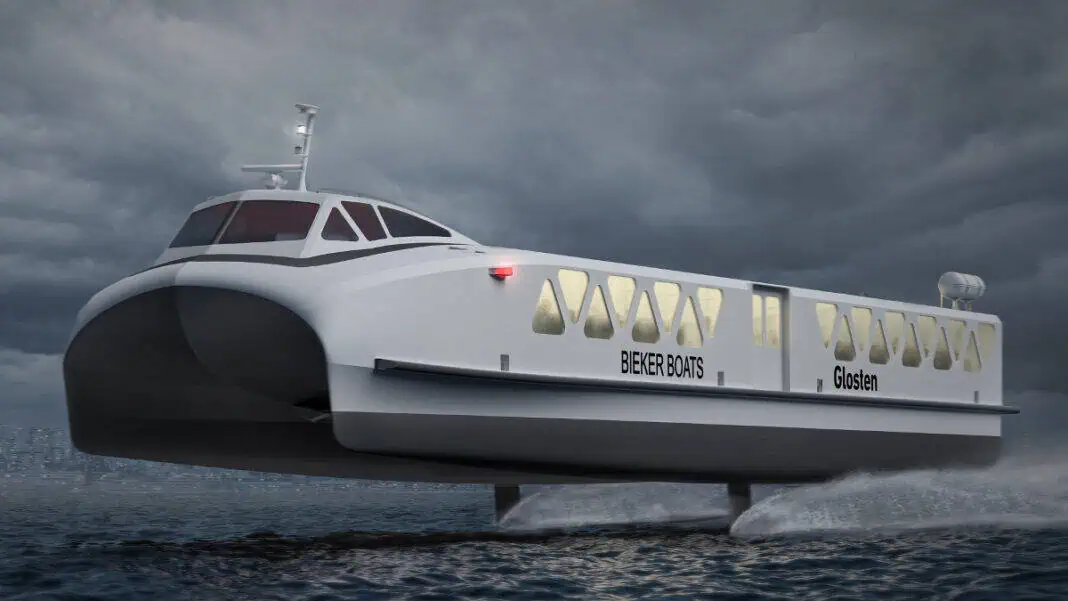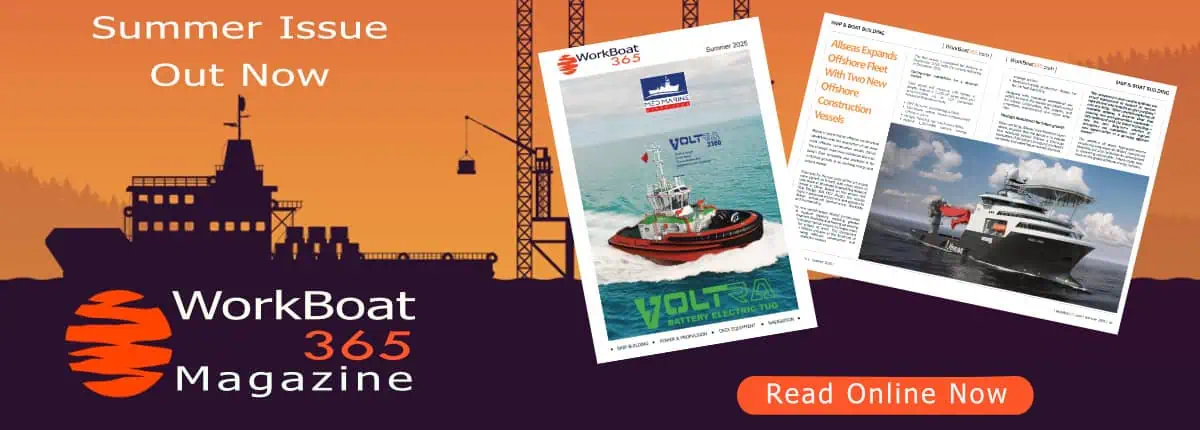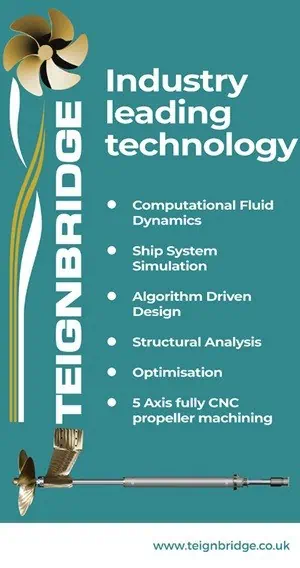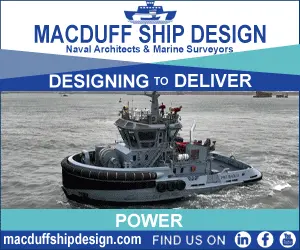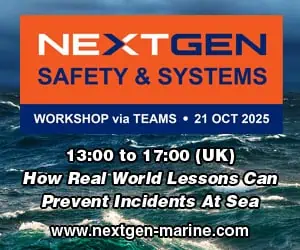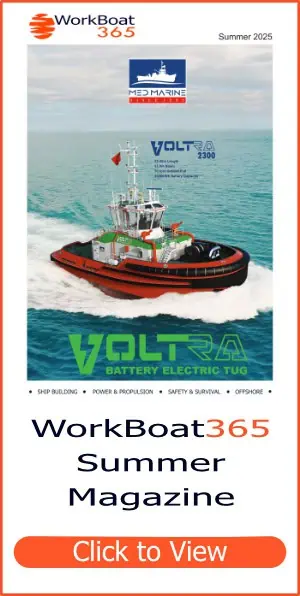Kitsap Transit will receive $1.2 million for the design of an all-electric, zero-emission fast foil ferry demonstration vessel and its shoreside charging infrastructure, the Washington State Department of Commerce recently announced.
Last week’s grant builds upon a $4 million state Legislature grant that will help pay for the design of the demonstration vessel: a scaled-down version of the 150-passenger Foil Ferry designed by Glosten and Bieker Boats. The demonstration vessel is intended to prove the viability of the technology and prepare the way for the first all-electric hydrofoil fast ferry to operate on Puget Sound.
The $4 million grant will be available starting on January 1, 2025, if the Climate Commitment Act (CCA) isn’t repealed. Initiative 2117 on the November ballot would repeal the CCA, which funds the Move Ahead Washington legislation that allocates $3 billion for public transit over 16 years.
If the demonstration vessel proves the technology’s viability, Kitsap Transit would seek federal funding to build the full-scale 150-passenger Foil Ferry. Kitsap Transit sought $18.5 million from the Federal Transit Administration (FTA) in 2022 for the design and construction of a prototype Foil Ferry, a full-scale Foil Ferry, and shoreside charging infrastructure, but was unsuccessful. The FTA awarded Kitsap Transit a $372,910 research grant in 2020 as part of its Accelerating Innovative Mobility initiative.
“We will need federal funding in order to build the Foil Ferry and bring this vision of zero-emission ferry travel to fruition,” said John Clauson, Executive Director of Kitsap Transit. “We look forward to the design and construction of this demonstration vessel and hope it will spur excitement at the federal level to support this type of innovation in maritime transport.”
Studies funded by the Federal Transit Administration for a Bremerton-to-Seattle service show that the Foil Ferry would reduce net carbon-dioxide emissions by 74% and cost 35% less to operate than the existing conventional diesel-powered fast ferries currently serving the route.
“This is a reliable, ultra-efficient, low-wake vessel designed to be better for passengers and the environment,” said Paul Bieker, experienced foiling boat designer and partner at Bieker Boats. “We achieved this by combining hydrofoil technology developed in the America’s Cup with lightweight carbon fiber composite construction and modern zero-emissions propulsion equipment. This technology represents a giant step forward in efficiency for high-speed transportation over water.”
The Foil Ferry demonstration vessel will feature the same hydrofoil design, lightweight carbon fiber construction, and battery-electric propulsion as the full-size Foil Ferry and provide Glosten, Bieker Boats, and the rest of the project team with valuable feedback on the design in real-world scenarios. Having a functioning prototype will also help mitigate design and schedule risks, increase reliability, and reduce the program cost and timeline ahead of the full-scale functional design and construction phases.
“Foil Ferry presents an exciting opportunity for the state of Washington to introduce sustainable, high-speed travel to the region,” said Lisa Renehan, managing director of Foil Ferry, LLC. “The business model is proof that not only is our design feasible—it is actionable. “Now that Foil Ferry has this funding, we have the chance to demonstrate how hydrofoil vessels could one day transport commuters crossing the Puget Sound and replace conventional diesel-fueled fast ferries.”
The Foil Ferry an shoreside charging project is led by Glosten, Bieker Boats, and Kitsap Transit, with support from Washington Maritime Blue, the Port of Anacortes, Port of Bellingham, and Port of Skagit. Kitsap Transit was one of 46 organizations to receive grants funded by the Washington Climate Commitment Act. Some of these included additional state funding to boost clean energy technology innovation and support clean energy planning, design, and construction projects throughout the state. A total of $37 million awarded through two clean energy programs furthers the goals of Washington’s 2021 State Energy Strategy.



